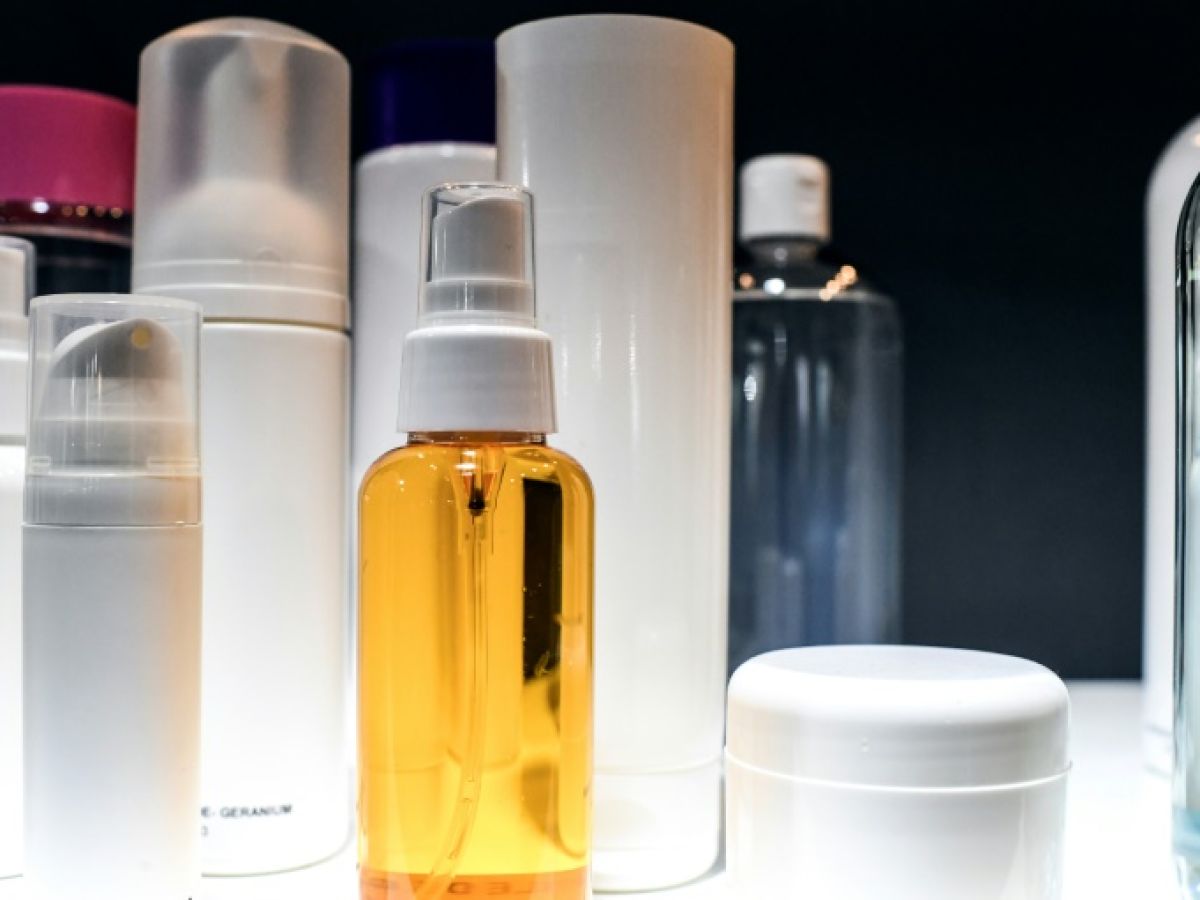Far from the good deals being promoted, cosmetic "dupes" - more or less discreet copies of branded skincare, makeup or sunscreens - sold at low prices on the Internet can be dangerous for your health, warn industry professionals.
“Dupe alert!”: On social media, particularly on TikTok, there are hundreds of thousands of videos of young women highlighting their latest finds of “dupes” of existing cosmetic products.
Foundation, lipstick, moisturizer, or sunscreen: they would achieve the same results as their original model, for more than half the price.
A cousin of counterfeiting, "the phenomenon is more subtle and sometimes difficult to identify," Xavier Guéant, director of legal affairs at the Federation of Beauty Companies (Febea), told AFP. The Federation issued an "alert" on World Anti-Counterfeiting Day on June 4.
But these products, "increasing in number" and "increasingly popular among young consumers," represent "a health risk," he says.
The federation's target: products sold on e-commerce platforms outside the European Union, mainly Asian ones such as Temu, Shein or AliExpress, and "manufactured outside any regulatory framework for hygiene or quality control."
According to a C-Ways study conducted for Febea in March 2025, 31% of French people had purchased a dupe in the previous twelve months. But 96% of them were unaware of the risks involved.
-“Heavy metals” or “phthalates”-
"In France, the system is serious. But as soon as we move away from this framework and source from sites where there are no controls, we expose ourselves to multiple dangers," Dr. Stéphane Pirnay, toxicology expert and director of the company Expertox, explained to AFP.

In addition to the allergen risk, "poor quality" products may contain "toxic" substances, which are prohibited or exceed authorized limits, which can represent "real health risks," he insists.
The toxicologist also warns of a chemical risk, as some products tested regularly contain "heavy metals" or "phthalates", chemical substances considered to be endocrine disruptors.
Another danger identified: an infectious risk, as some products studied may contain numerous pathogens.
"We are really surprised to see all the things that can be found in counterfeits in general: earth, stones, excrement, bird feathers," lists Mr. Pirnay.
Laurence Coiffard, a professor of pharmacy at the Nantes faculty specializing in cosmetology, was interested in the sun products sold on these platforms.
With her team, she analyzed two counterfeit products claiming SPF 50+, as well as a few dupes.
Result: “None of these products actually contained UV filters,” she reveals.
"They therefore provide no protection against UV rays and there is a great danger in using them," she warns, while sun exposure is the main cause of skin cancer.
For Ms. Coiffard, sites like Temu and AliExpress are "the ultimate sales niche" for counterfeit or dupe products "where they can reign supreme," because they are marketed without meeting European regulatory requirements.
-"Overwhelmed by the scale of the phenomenon"-
According to a study published by the European Consumer Organisation (BEUC) in February, more than 80% of the tested products purchased on Temu did not comply with European legislation.
For cosmetics, the most significant shortcomings concerned missing or incorrect ingredient lists, making it difficult to know what the products actually contain.

"When we charge prices like they do, we cannot reasonably make security assessments," Xavier Guéant also points out.
And even if controls exist, "the market is so huge that the players are overwhelmed by the scale of the phenomenon," adds Ms. Coiffard.
With the launch of TikTok Shop in France in March (which allows purchases to be made directly within the app), Xavier Guéant fears that this more direct link between seller and buyer will benefit dupes and counterfeits.
Along with Febea, he calls for strengthening the legal framework to "clarify the grey areas" and to increase the resources dedicated to controls.
